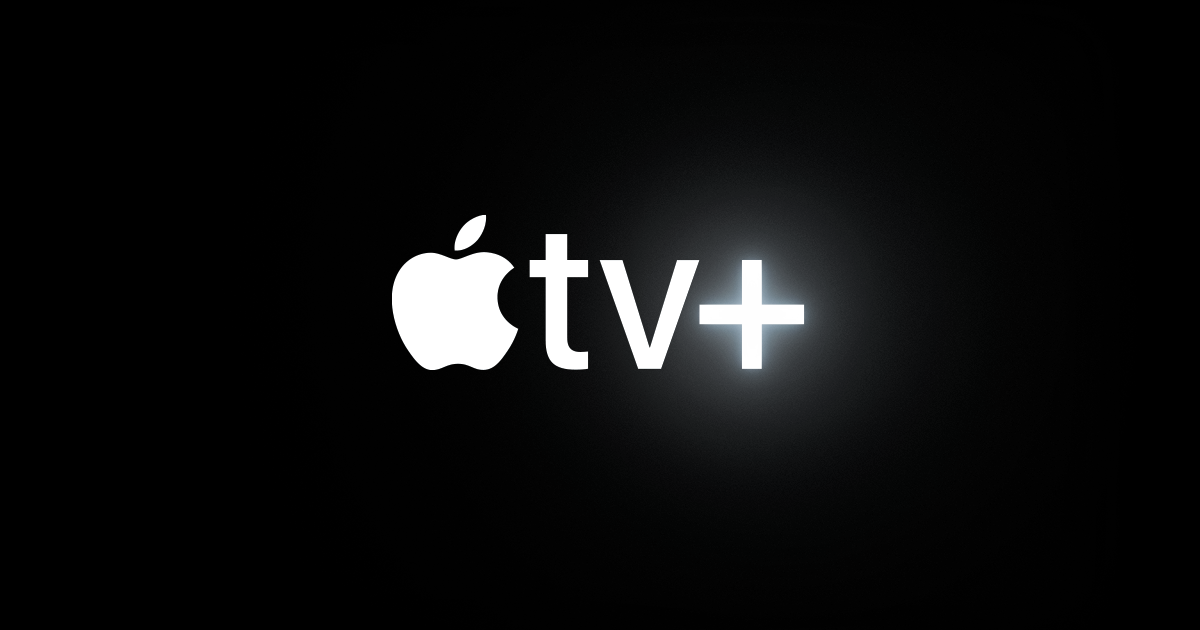MLB needs to figure out their broadcast problems
Apr 28, 2022
America’s pastime has never been more accessible to its fans. Those of us who follow the Major League season have a bevy of viewing options ranging from the traditional cable/satellite TV broadcasts, to MLB.TV and now more recently, streaming TV services. But while Major League Baseball has been trying to keep up with the modern developments of how consumers watch their sports, they are also risking alienating their loyal fans in order to stay relevant. At the start of this season, the league announced that they would be partnering with Apple to broadcast two Friday night games per week on Apple TV Plus, the nascent streaming service offered by the tech giant. These games, known as “Friday Night Baseball,” are available for free for the first few months of the MLB season, but will require a subscription to Apple TV Plus in order to watch the games after that. But it’s not just Apple that will have exclusive games – MLB is also partnering with NBC to broadcast a weekly game on their streaming service Peacock. The games will be on Sunday mornings and the show will be known as “MLB Sunday Leadoff.” They will be exclusively available to paying subscribers of the Peacock streaming service, except for the first game on May 8 which will be simulcast on NBC and Peacock. While MLB is trying to stay up to date on the ever-growing streaming TV trends, they are also risking alienation of dedicated fans through making their games exclusive to streaming services.
Most dedicated baseball fans want nothing more than to watch their favorite teams play. Currently, the best way to be able to catch most of your team’s games is through paying for a cable or satellite TV service that includes the team’s regional sports network, or RSN. These RNSs, such as Bally Sports Midwest for the St. Louis Cardinals and Marquee Sports Network for the Chicago Cubs, will carry the majority of a team’s regular season games along with a pre-game and post-game show. For many loyal fans this is the best way to follow along with their favorite team throughout the course of the season. Now enter MLB’s new strategy: streaming TV.
By making certain baseball games exclusive to paying customers of a streaming service, it prevents dedicated fans from being able to watch their team unless they want to pay for yet another streaming service, adding yet another monthly subscription to their bills, especially with the cost of cable and satellite TV high enough as it is. Now, MLB is asking its loyal fans to cough up a couple more bucks to watch an exclusively-broadcasted game on Apple TV or Peacock, or just not watch it altogether.
The idea behind moving a select number of games to the streaming services is for two reasons: to expose Major League Baseball and its games to people who already subscribe to one of these services, and to entice those who don’t already subscribe to sign up for the new platform in hopes that they enjoy the offerings of the streaming service and keep subscribing. But I believe that very few people who don’t already watch Apple TV Plus and Peacock will now start subscribing to them just because they offer a handful of baseball games. It’s really meant to be more of a bonus to those already subscribed, but MLB failed to realize that they are preventing their dedicated fans from watching their favorite teams throughout the season.
Expect the trend to continue to grow as the “cord-cutting” philosophy of cutting cable in favor of streaming services becomes more popular. If Major League Baseball wants to continue to grow in popularity, then they need to figure out ways to attract new viewers without spurning their loyal ones. Time will tell what becomes of this, but right now it looks like the exclusively-broadcasted streaming games will continue to grow.












